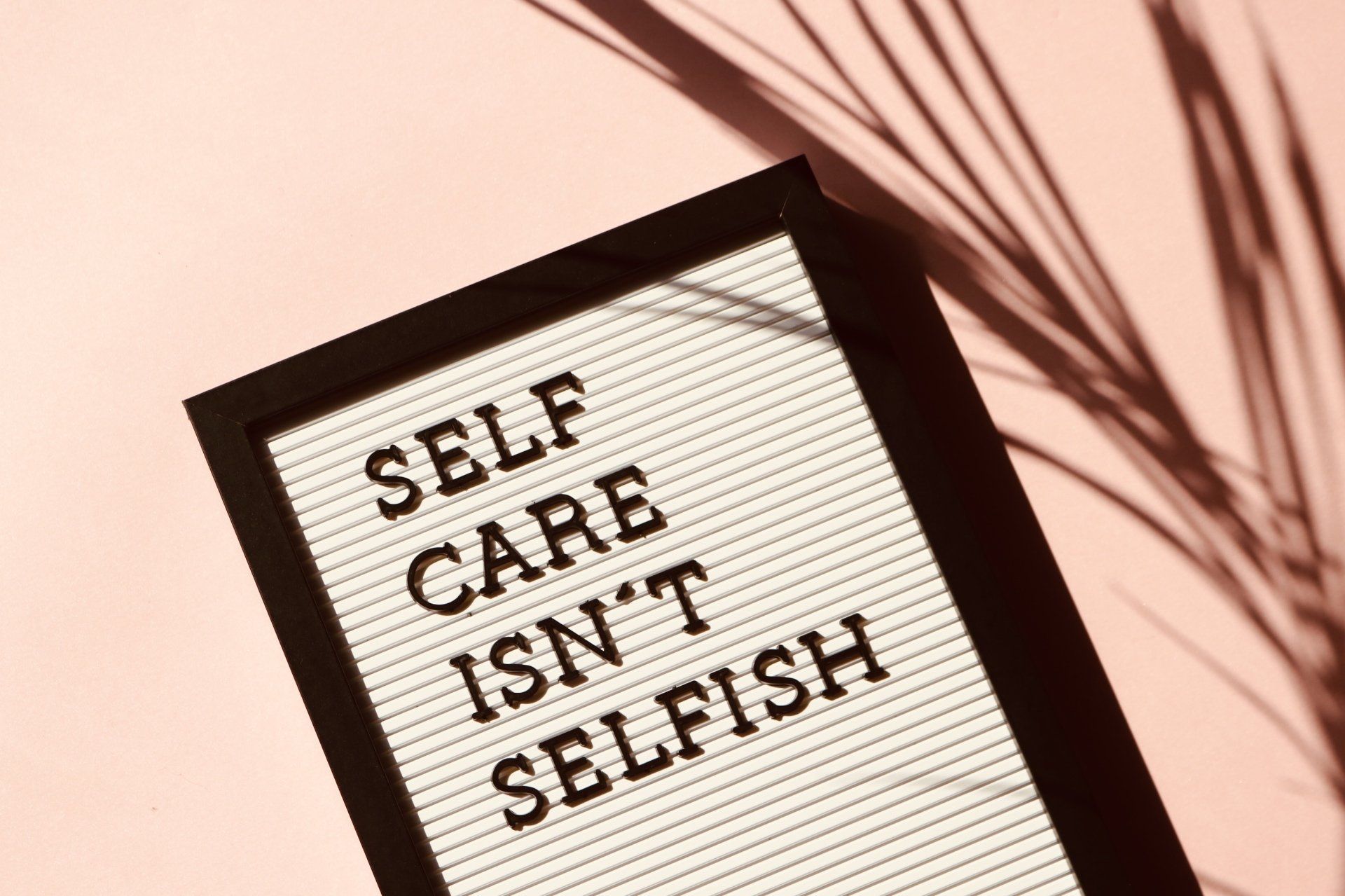Mental Health
Mental Health

What Is Mental Wellness
Our emotional, psychological, and social well-being are all parts of our mental health. It influences our thoughts, emotions, and behaviors. Additionally, it influences how we respond to stress, interact with others, and make decisions. Every period of life, from childhood and adolescence to maturity, is vital for mental health.
If you have mental health issues, they may have an impact on your thinking, mood, and behavior over the course of your life. There are numerous elements that affect mental health issues, such as:
- biological components, including DNA or the chemistry of the brain
- Experiences with trauma or abuse in life
- a history of mental illness in the family
Mental health issues are widespread, but assistance is available. People with mental health issues can improve, and many make a full recovery.
Signs of Early Warning
Not sure whether you or a loved one is dealing with mental health issues? An early indicator of a problem could be one or more of the following feelings or actions:
- Consuming too much food or getting too little sleep
- Removing oneself from people and routine tasks
- Lacking or having no energy
- Feeling numb or as if nothing is important
- Experiencing undiagnosed aches and pains
- Sense of helplessness or despair
- Consuming alcohol, tobacco, or drugs more frequently than normal
- Experiencing exceptional levels of confusion, forgetfulness, agitation, rage, sadness, anxiety, or fear
- Arguing or shouting at loved ones or friends
- Enduring extreme mood swings that complicate relationships
- enduring persistent ideas and memories that you can't shake
- Hearing voices or taking strange claims seriously
- Consideration of self- or other-harm
- A lack of ability to carry out regular chores like caring for your children or traveling to work or school
Well-being and Mental Health
People with good mental health are able to:
- Realizing all of their potential
- Deal with life's stresses
- Work efficiently
- Make a real difference in their communities
- Keeping a good outlook on one's mental health involves:
- Obtaining expert assistance if necessary
- Establishing relationships
- Positive attitude
- Engaging in physical activity
- Assisting others
- Getting sufficient rest
- Acquiring coping mechanisms
Learn more about the significance of wellness and prevention.



